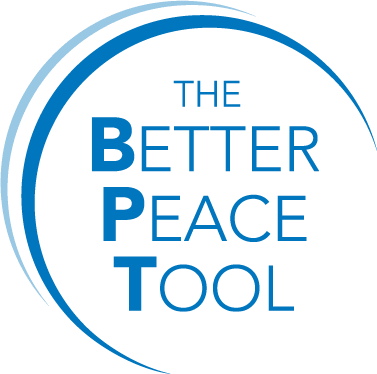Conflict parties won’t accept women at the table.
Experience and research show that belligerent parties are open to interaction with civil society actors, notably elders and religious leaders. But on the question of women, there is significant resistance across most contexts. While parties may claim that the exclusion of women is a ‘cultural’ matter, data suggests that it is universal and often steeped in sexist norms. Excuses for the exclusion of women range from “they are not qualified” to “it is not safe for them to travel”—even when women are living in war zones.
How to overcome this barrier:
1. Frame the inclusion of women as beneficial to the interests of belligerent parties, because (a) it increases their legitimacy by demonstrating care for their constituencies, and (b) it informs the substance of negotiations and improves their understanding of issues affecting ordinary people.
2. Encourage parties to appoint women with technical expertise and strong ties to women peacebuilders.
3. Provide gendered briefing papers on agenda topics, so all delegates can understand how women and men are affected by and respond to war.
4. Encourage inclusion of women parliamentarians or women from other governance structures.
5. Offer positive incentives, such as additional seats, to parties that include a critical mass of women.
6. Establish a minimum quota for women; if no women are appointed, these seats remain empty.
7. Facilitate the interaction of women peacebuilders with conflict parties to highlight issues affecting their communities and their work for peace.
8. Where women are included in delegations, engage them separately to provide technical support and connect them to women peacebuilders.
9. Encourage envoys to establish gender expert support teams of local women leaders to inform and advise the mediators and their teams.
In Colombia, two women were appointed to the government panel because of their technical expertise and knowledge; at the same time, they open to engagement with women peacebuilders. Throughout the Colombian process, links between Track I and Track II processes encourages women’s influence beyond the peace table. In 2013, for example, the Women and Peace Summit convened 449 women and produced six proposals for peace agreement implementation, which were later submitted to the negotiating groups.

